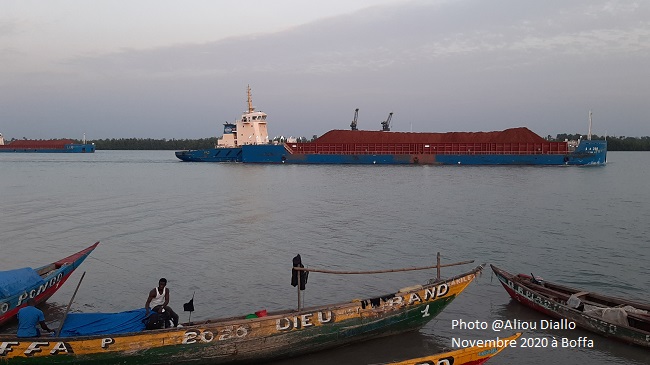On the occasion of 34th COFI session, the African Confederation of Professional Organizations of Artisanal Fisheries (CAOPA) made a declaration related to aquaculture, an item on the Committee’s agenda. CAOPA is pleased with the attention given by the Sub-Committee on Aquaculture of the Committee on Fisheries to the development of sustainable aquaculture that contributes to the eradication of hunger, particularly through guidelines that cover all aspects of aquaculture.
For the organization, the development of these guidelines for sustainable aquaculture must take into account both the environmental and social impacts that aquaculture facilities can have on the sustainability of the activities of coastal communities and on the coastal environment.
Over the last ten years in West Africa, there has been an exponential increase in the number of factories producing fishmeal for industrial livestock and aquaculture. “These factories are wreaking havoc. Fishing for fishmeal is in competition with local artisanal fisheries, which fish for human consumption. Our food security is under threat. Flour factories are also a source of pollution that affects health of people in coastal communities”, says the artisanal fisheries professional organization.
CAOPA notes in its discussion of these guidelines that “the members of Aquaculture Sub-Committee recognizes this issue, recalling the fact that in a number of countries aquaculture development has resulted in social and environmental costs, including unreasonable use of water and natural feed (wild fish) for aquaculture, destruction of mangroves, loss of biodiversity, etc.”
According to CAOPA, in African countries, the setting-up of an industrial aquaculture plant often means for artisanal fisheries the loss of coastal territories, both at sea and on land, which they occupy for their activities.


